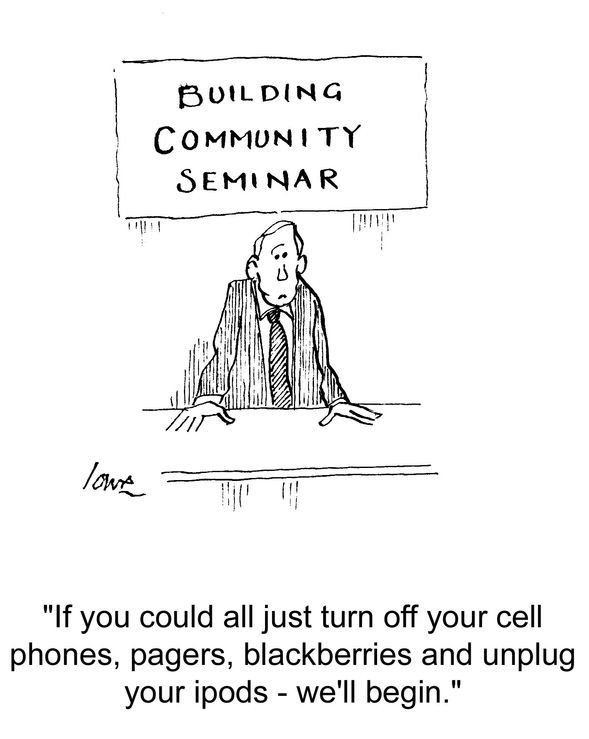Module Five: Community
More than a feeling of inclusion, belonging to a community means knowing you belong to something greater than yourself. Community is a leadership choice; it doesn't emerge by default or because people share a workplace. It takes shape when leaders commit to building an environment where respect is consistent, contributions are recognized, and every person feels connected. Along with improving morale, a sense of community creates the foundation for how people communicate and carry responsibility together.
Unity depends on that foundation. Without a shared sense of community, alignment weakens and coordination breaks down under pressure. Leaders who value unity look beyond outcomes. They watch how people treat one another, how trust grows over time, and whether the culture holds when challenges hit. In places where safety, timing, and precision matter, community becomes the structure that supports the standards.
“Community is much more than belonging to something; it’s about doing something together that makes belonging matter.”
These three sessions—on building, protecting, and sustaining community—offer a practical view of what it means to lead with unity in mind. They move beyond theory to focus on habits, responses, and routines that help teams stay grounded and connected. When leaders take community seriously, they create conditions where people show up for each other, take ownership of their role, and contribute to something stronger than individual effort alone.


